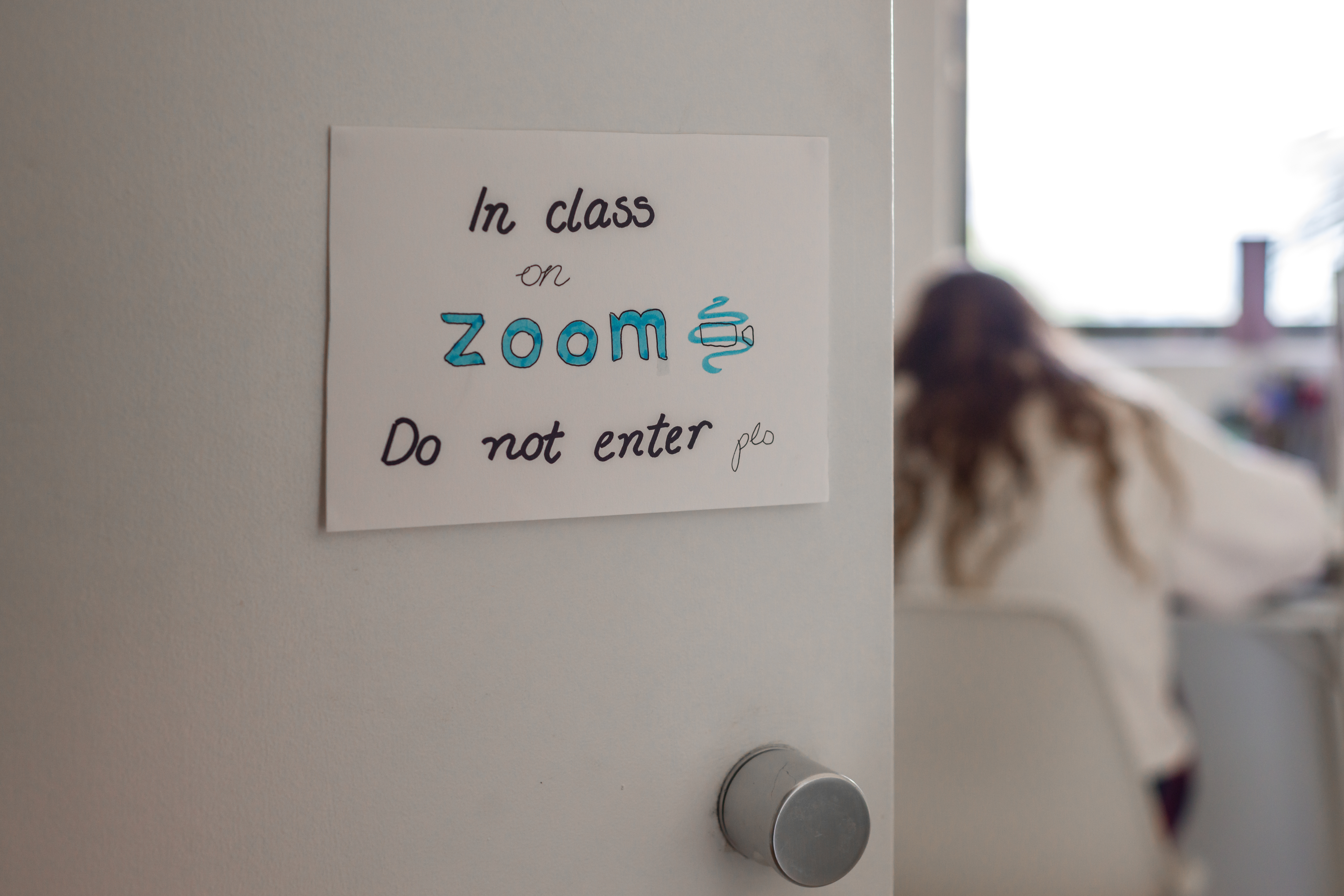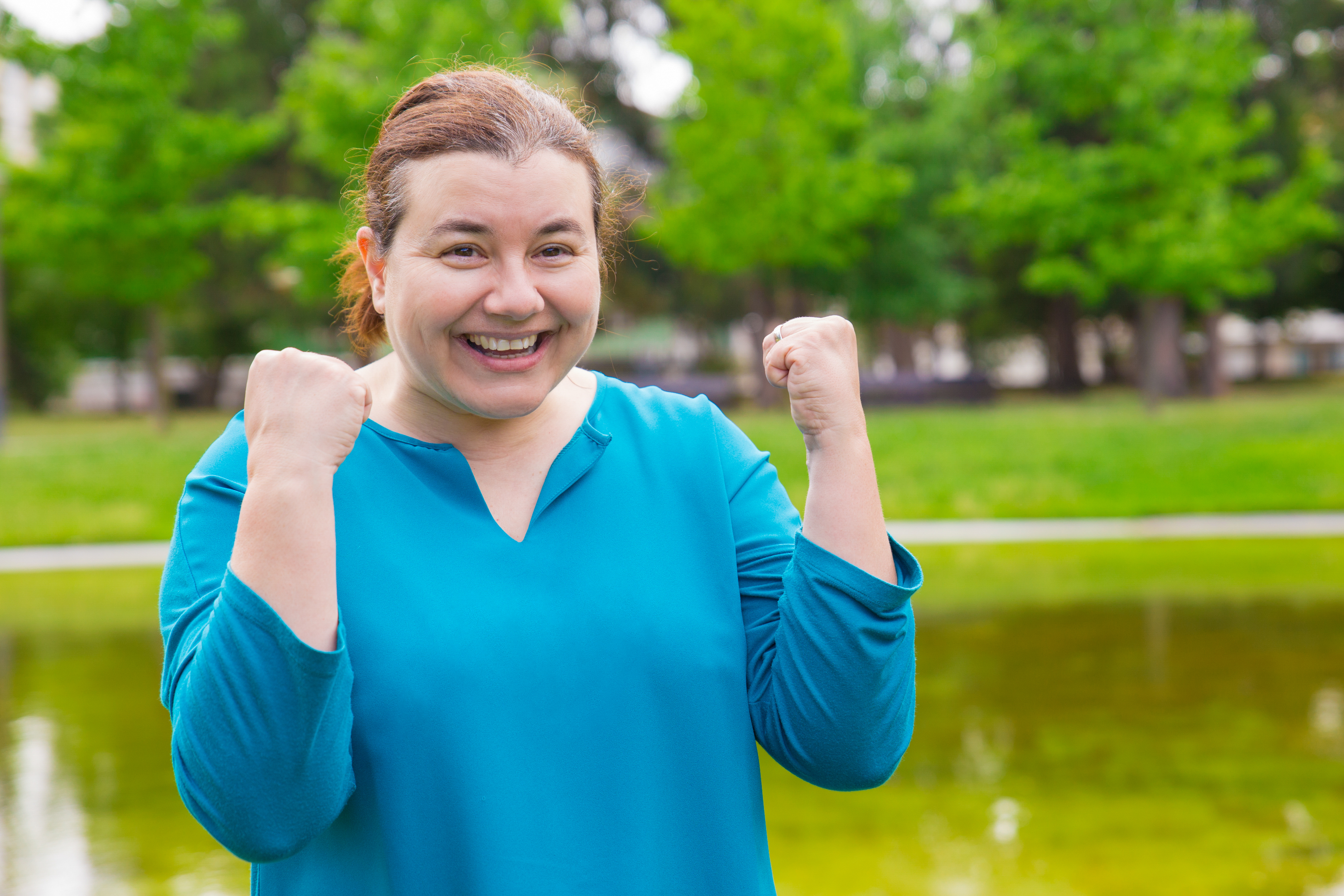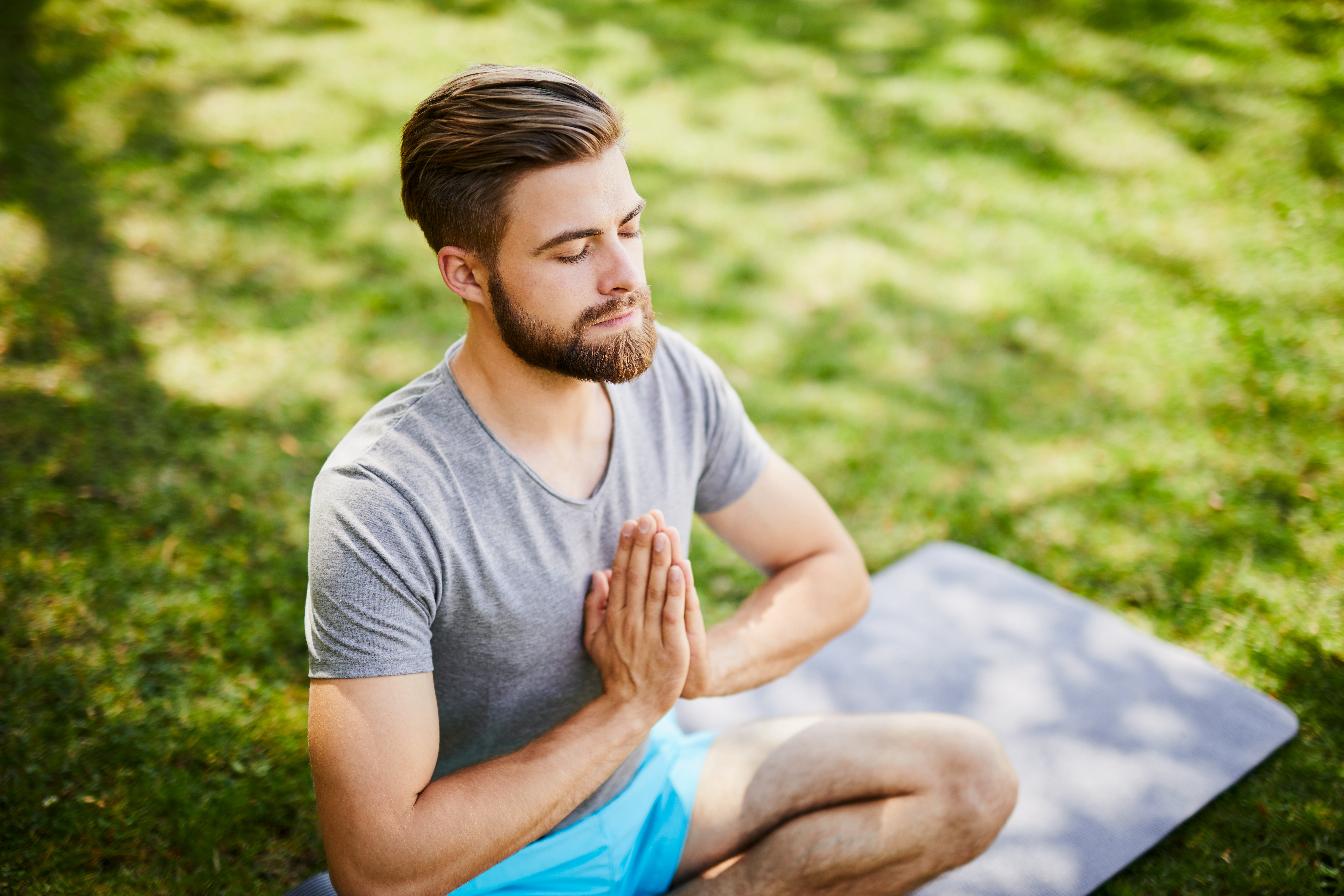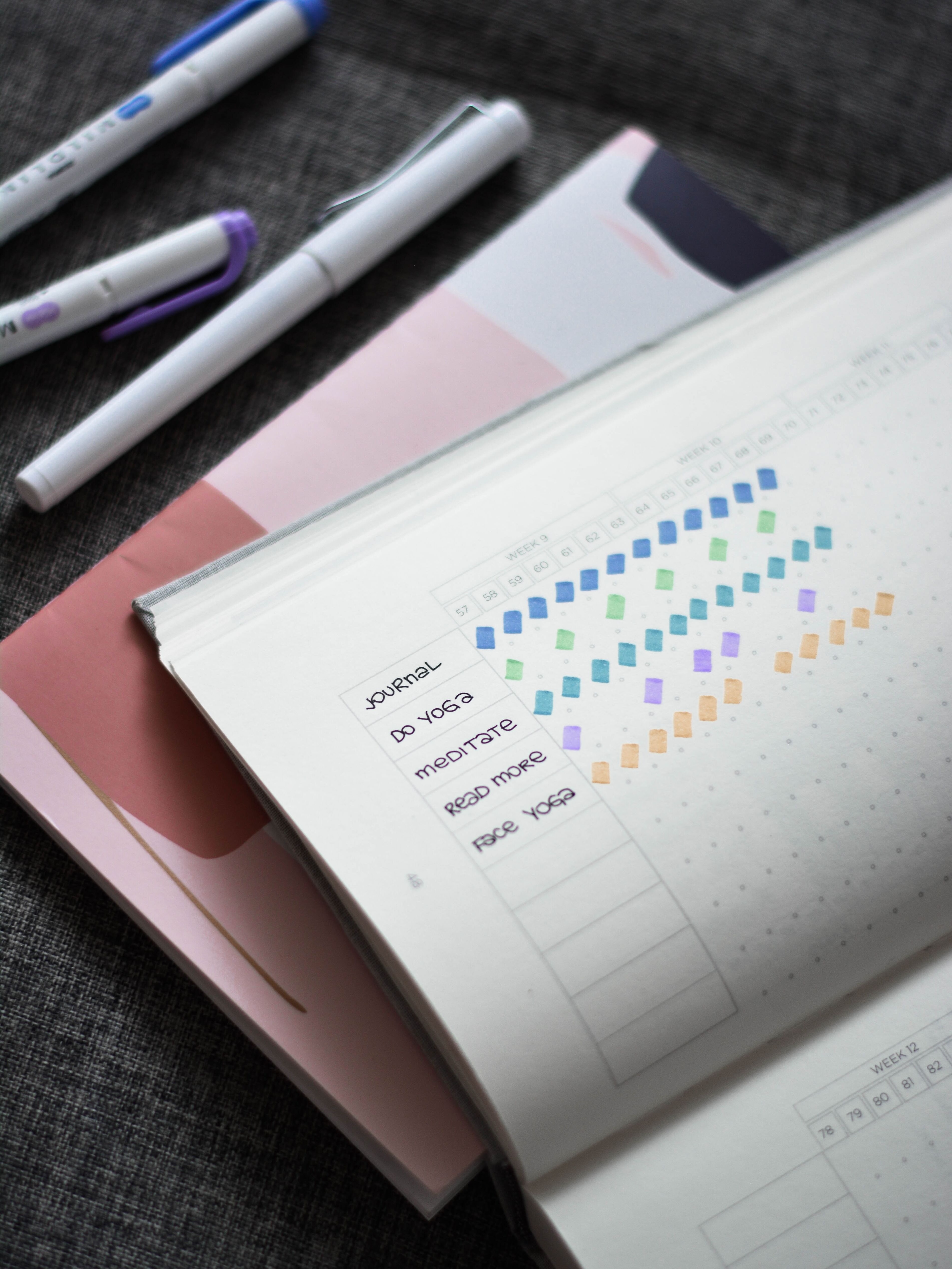Coping with Change
The COVID-19 restrictions have disrupted studies and learning for on-campus students Australia wide. You will have needed to adapt to remote learning, on-line course content and accessing remote support from your disability advisor and other staff. And the change doesn’t stop there, as at some stage you’ll be back on campus and needing to re-adjust to a new normal.

Change is unsettling. Along with most changes – even the good ones – there’s a certain amount of uncertainty and risk that can lead to feelings of anxiety and fear. We’re not sure: What’s going to happen? How will it affect us? Will we get the support we need? And Where can we turn to for advice?
For example, think back to when you first started your tertiary studies. While you might have been excited, chances are you would have also had quite a few nerves and apprehensions. It may have taken a while to find your way around the buildings, understand the processes, connect with the right staff and get the right support and adjustments you needed.
Who knows how long it will take to get through the current changes? Unfortunately, across the globe there is no real certainty about how long the current arrangements will last for, what normal will even look like when restrictions are finally lifted, or what this might mean for our futures. So how can we cope with this?
While there’s lots we can’t control at the moment – the spread of the virus, government restrictions, how we’re being taught – there are still many things we still do have a say over. Focusing on the things in our lives that we do have some control over can help us cope better and look after our wellbeing. This doesn’t mean that we just ignore what’s outside our control, but neither should we let it dominate our thoughts and feelings, and zap our energy. So how do we keep this balance?
Choose your response

No matter what others do or say we have the control to choose our response. We can always choose hope over despair, optimism over pessimism, and kindness over meanness. But is it possible to have a choice when things are really tough? According to Viktor Frankl a psychiatrist who survived four Nazi concentration camps during WW2 we always have a choice, no matter the circumstances. And the response we choose makes a real difference to how we get through difficult situations. He wrote “between stimulus and response, there is a space. In that space is our power to choose our response. In our response lies our growth and our freedom.”
So instead of reacting automatically to what is happening, consider how you can take a few moments to step back and choose your response. Do you choose to look for silver linings and examples of community spirit in the media? Do you choose to encourage others more during this time? Do you choose to show patience and understanding with your teachers as they too adapt to remote learning? What kind of person do you choose to be?
Know your coping strengths
Most people experience some kind of difficulties, setbacks and challenges. And when we have a disability we’re likely to experience these more so than others. Have you ever considered how these may have made you stronger in some way? One way to do this is to write about one of these experiences as a journalist or movie scriptwriter would. What was the adversity? How did you get around it or through it? What strategies did you use, for example persistence, determination, humour, support from others? Did you come out the other side in some way stronger and better than before? For example, were you more knowledgeable, determined, caring, or resilient? Now consider how you could use some of those strategies or strengths right now.
Balance out the negative

Unfortunately, our brains are wired with a negativity bias. That means we notice and remember the bad things that happen much more than we do the good things. So even though we might have a great day with lots of good things happening, one bad thing can ruin it all for us. While we need to be on the lookout for some threats, we need to balance out this negativity bias. We can do this by noticing and being thankful for the good stuff in our lives. That’s why practicing gratitude is like a daily booster shot for our mental wellbeing.
Even on our most difficult days there is still something to be grateful for. And when times are tough it can be even more important to think of things that we might overlook in normal times. How often do you feel grateful that you have access to clean water? Reliable electricity? The days the sun’s shining? Your family? Your pets? Each day find time to recall three things or people that you feel grateful for.
Healthy distractions
Sometimes it’s hard to get rid of the negative thoughts that seem to go around and around in our heads. Psychologists call this rumination which is also the word for a cow chewing their cud. And it feels just like that. While we may think that spending time ruminating means we’ll figure out things eventually, usually it isn’t usually very helpful. The more we ruminate the more we become distant from others, lose perspective, and less able we are to solve problems. So when you notice you’ve got the same negative thoughts going around and around in your mind, it might be time to put the brakes on your rumination before you spiral too far down. You can do this by distracting yourself (in a healthy way). Sorry, while chocolate or alcohol might feel good in the short term, ultimately, they’re not a healthy option. Instead try doing something like going outside for a walk, listening to some favourite music, watching a Netflix comedy or texting a friend. Write a list of healthy distractions that would work for you, so you’ve got something ready to refer to when you need to put the brakes on rumination.
Develop a mindfulness practice

While you can’t control what’s happening in the external world, now might be a good time to start or get better at controlling what’s happening internally. Mindfulness involves getting intentional about your attention. It’s about training your mind to be where you choose it to be and noticing when it has wandered so you can bring it back again. It also involves developing an attitude of openness and non-judgemental acceptance to your thoughts and other’s actions. One of the best ways to get better at this is through meditation, which is really like a power gym for our minds. The easiest way to start is to focus on your breathing or do a body scan. It’s important to be kind and patient with yourself as you’re starting out. If you notice your mind wandering all the time, that’s normal - our minds are often distracted and chatting away but we usually don’t notice – and the practice is helping you notice. So just gently return your attention back to what you want to focus on. There are lots of meditation apps you can download.
Turn your intentions into habits

Many of our day-to-day actions are things we do automatically without having to decide if we will do it or not. For example, brushing your hair, cleaning your teeth, getting dressed, or eating lunch. We’re more likely to be successful in making changes that support our wellbeing when we turn our intentions into habits. Also creating new habits can give us that extra sense of control over our lives. Habits are based on 3 things: prompt, behaviour, and celebration. The prompt is something in our routine that reminds us to do or say something; then new behaviour we want to create; and finally, a celebration or reward that makes us want to repeat the behaviour in the future. You can use a simple ABC formula to create a new habit. So, A - after I have breakfast, then I will meditate for 5 minutes (B - Behaviour) and then I will play my favourite song to C - celebrate. Don’t skip the celebration part as this is what gets it wired into our brain. What new habit can you create to help you cope with change or care for your wellbeing?
Sometimes no matter what we do we can still find it difficult to get through difficult changes. And that’s OK too. If you are having trouble coping and adapting to change, reach out to ask for help from others. Know that asking for help isn’t a sign of weakness, it’s a sign of strength and courage because you’ve been able to recognise that you can’t do it alone and realise that you need some support from others. Talk to your friends and family. And make a time to talk to one of the counsellors at your Uni or TAFE. Keep safe and take care.
Written by Debbie Hindle

